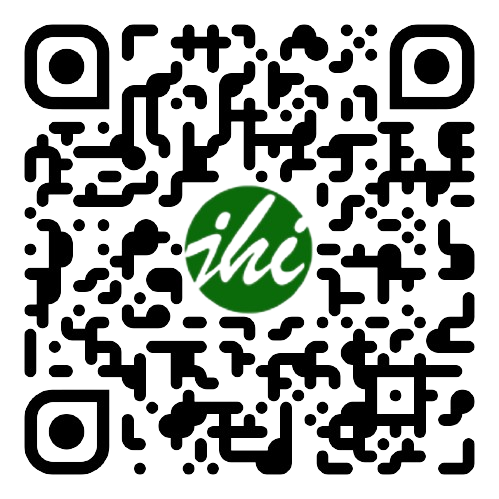Wakaf Uang Untuk Infrastruktur Dalam Prespektif Hukum Islam
DOI:
https://doi.org/10.28918/jhi.v16i2.1741Abstract
This present study aims to explore cash waqf (Islamic endowment) for infrastructure in the perspective of Islamic law. Cash waqf may serve as an alternative to increase Indonesia’s economy and reduce the gap between rich and poor. It is worth mentioning to promote that one way to maximize the role of cash waqf is through infrastructure investment. A juridical and normative approach was designed in this library research. This study demonstrates that cash waqf is deemed sunnah (recommended) in relation to its maslahah (public benefits) and the Islamic law of cash waqf. Meanwhile, the Indonesian Ulema Council (MUI) issues a fatwa declaring that cash waqf is jawaz (permissible). This kind of waqf can only be distributed and used for the public interests that are allowed in sharia law, and the principal value of the cash waqf must be guaranteed for its sustainability. It implies that cash waqf may not be sold, granted, and/or inherited.
Downloads
Published
How to Cite
Issue
Section
License

This work is licensed under a Creative Commons Attribution-ShareAlike 4.0 International License.
Jurnal Hukum Islam use a variety of waivers and licenses that are specifically designed for and appropriate for the treatment of data:
- Open Data Commons Attribution License, http://www.opendatacommons.org/licenses/by/1.0/(default)
- Creative Commons CC-Zero Waiver, http://creativecommons.org/publicdomain/zero/1.0/
- Open Data Commons Public Domain Dedication and License, http://www.opendatacommons.org/licenses/pddl/1-0/
Other data publishing licenses may be allowed as exceptions (subject to approval by the editor on a case-by-case basis) and should be justified with a written statement from the author, which will be published with the article.













.png)














